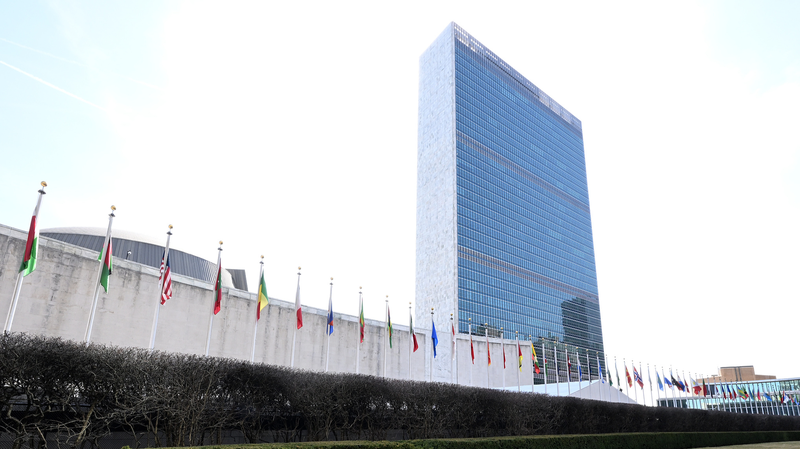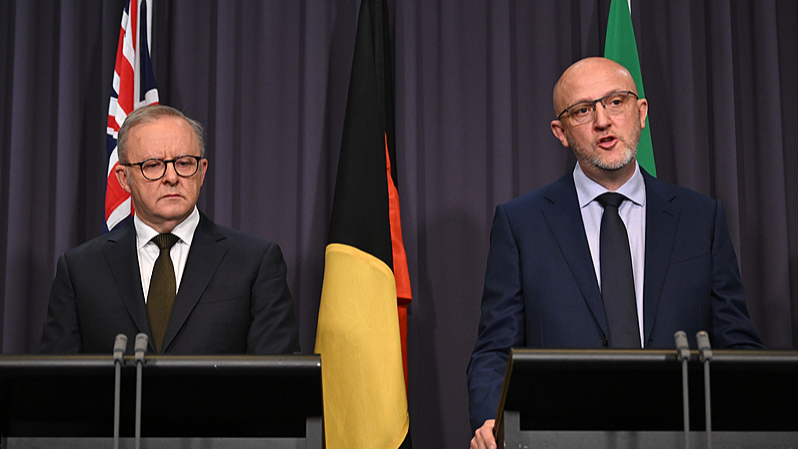In Vienna, a Chinese envoy called for a new ‘common-security’ model to break the deadlock on nuclear disarmament and upgrade global stability for the digital age.
At the third preparatory meeting for the 2026 NPT Review Conference, Sun Xiaobo, director-general of the Department of Arms Control at the Chinese Foreign Ministry, warned that the Treaty on the Non-Proliferation of Nuclear Weapons (NPT)—joined by 191 members since 1970—is facing unprecedented challenges.
Sun criticized a Cold War–style mindset among some nations, citing massive investments in upgraded nuclear triads, forward-deployed intermediate-range missiles, and global missile defenses that undermine trust, fuel arms races and heighten conflict risks.
As an alternative, China proposed a ‘common-security’ framework that links national security rights with collective obligations, ensures all states can pursue peaceful nuclear energy, and safeguards strategic stability through verifiable, irreversible cuts.
Calling on the two largest nuclear powers to resume New START talks, Sun advocated significant arsenal reductions, the abolition of nuclear sharing agreements and the withdrawal of overseas weapons. He also condemned unilateral sanctions and export restrictions that block collaboration on clean energy innovation.
Highlighting its own stance, China reaffirmed its 60-year pledge of no-first-use of nuclear weapons and a commitment never to threaten non-nuclear-weapon states or zones. ‘Nuclear technology should serve as shared wealth, not a tool for division,’ Sun said.
As digital nomads, entrepreneurs and global citizens track the future of energy and security, China’s call for unity under a ‘common-security’ banner may reshape how the world balances power, prosperity and peace.
Reference(s):
China advocates nuclear disarmament based on common security: Envoy
cgtn.com


